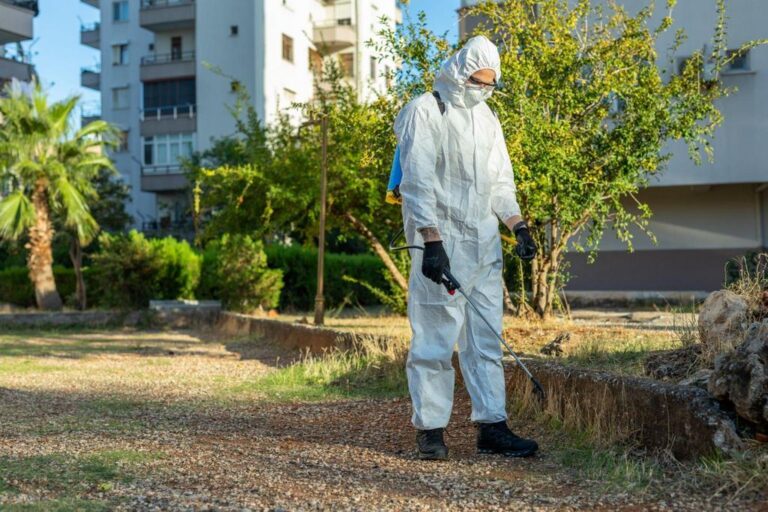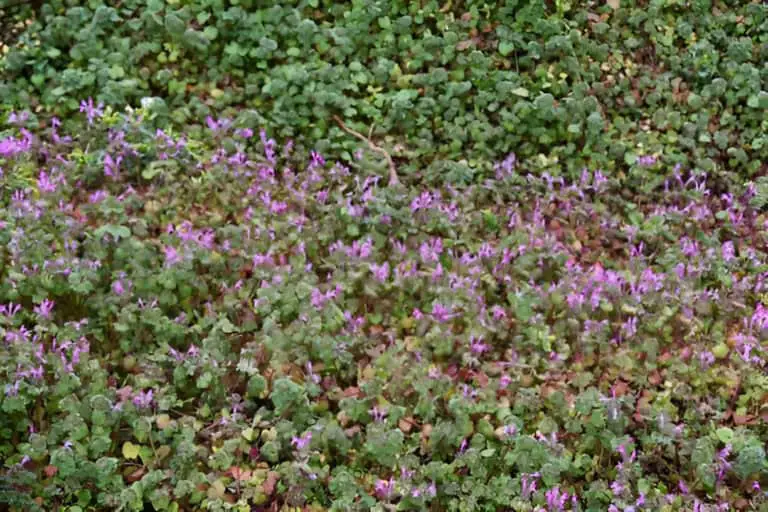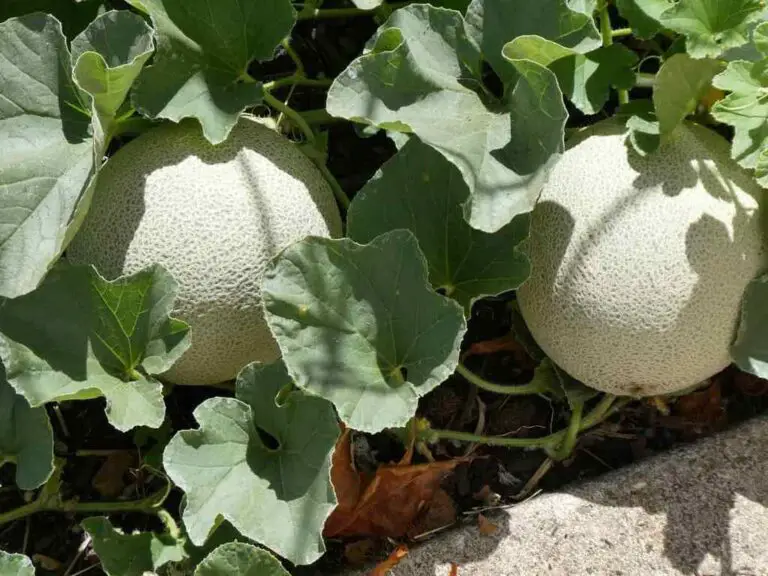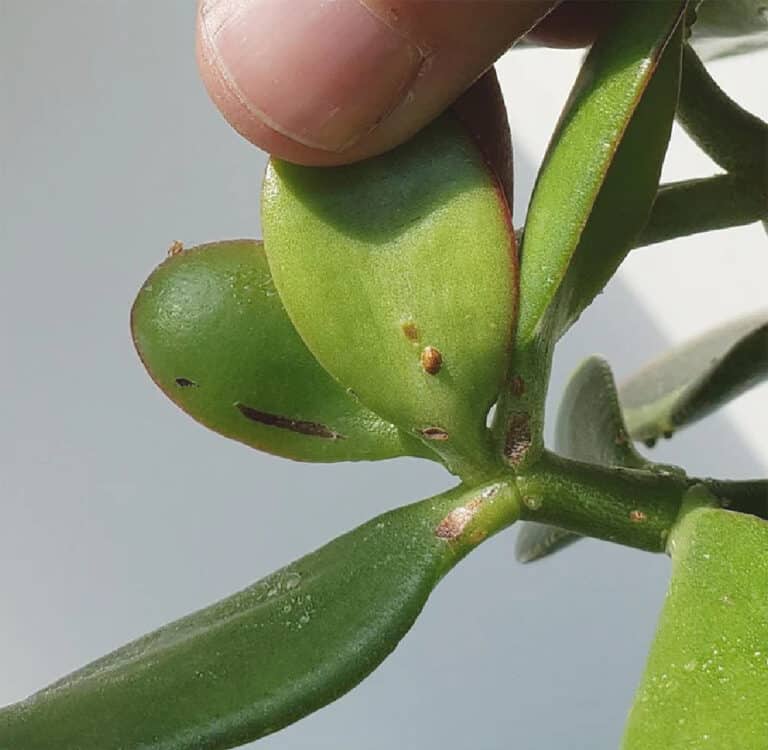Should You Use Pre-Emergent Herbicides? Pros and Cons Every Gardener Should Know

As a gardening enthusiast, I often find myself caught in the ongoing battle between nurturing my beloved plants and wrestling with the relentless onslaught of weeds. It feels a bit like trying to enjoy a peaceful picnic while swatting away pesky flies—frustrating and distracting. Over time, I realized that fighting weeds after they’ve already appeared was like playing a never-ending game of whack-a-mole. That’s when I came across pre-emergent herbicides, which promised a proactive way to stop weeds before they even start.
But how effective are these “chemical warriors,” really? Are pre-emergent herbicides the secret weapon gardeners have been waiting for, or do they come with hidden drawbacks? If you’ve ever wondered whether these products can truly help you reclaim your garden without compromising soil health or harming your plants, you’re not alone.
In this article, I’ll share the pros and cons of using pre-emergent herbicides based on research and personal experience. By the end, you’ll have a clear understanding of when and how to use them—so you can keep your garden thriving while minimizing the weed war.
What Are Pre-Emergent Herbicides?
Pre-emergent herbicides are a special class of weed killers designed to stop weed seeds from sprouting in the first place. Unlike post-emergent herbicides, which kill weeds after they appear, pre-emergents create a chemical barrier in the soil. This barrier targets newly germinating seeds before they break through the surface.
In lawn care, timing is everything. Pre-emergents are most effective when applied early in the growing season—just before soil temperatures reach the right level for weed germination. These herbicides don’t kill established plants, so applying them too late can lead to poor results.
Here are some common types used in home lawns:
- Pendimethalin – great for crabgrass and annual grasses
- Prodiamine – long-lasting and widely used in turf management
- Dithiopyr – offers both pre- and early post-emergent control
| Herbicide | Targets | Duration |
| Pendimethalin | Crabgrass, foxtail | Short-term |
| Prodiamine | Broadleaf, grasses | Long-lasting |
| Dithiopyr | Weeds, seedlings | Moderate |
Understanding these options helps you choose the right one for your lawn’s needs.
The Upsides of Pre-Emergent Herbicides
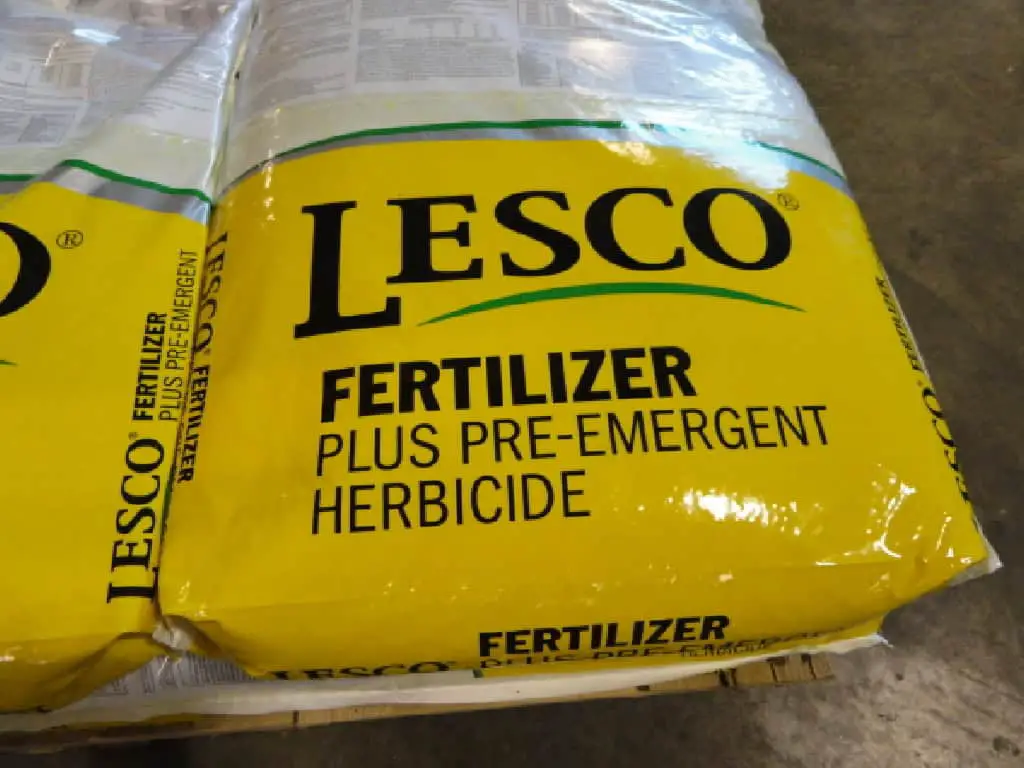
1. Effective Weed Control
First and foremost, pre-emergent herbicides are like the vigilant sentinels of the gardening world. They work their magic by preventing weed seeds from germinating in the first place. Imagine having a personal bouncer for your garden, ensuring that only the plants you want are allowed to grow. By significantly reducing the number of weeds that take root, these herbicides can save you hours of back-breaking weeding.
2. Minimal Disruption to Existing Plants
One of the biggest advantages I discovered is that pre-emergent herbicides can be applied without disturbing the plants already thriving in your garden. Unlike some weed control methods that require digging or pulling, these herbicides focus solely on weed seeds, leaving your cherished flowers and vegetables unscathed. It’s like giving your garden a protective shield, allowing it to flourish while keeping invaders at bay.
3. Long-Term Weed Control
Another feather in the cap of pre-emergent herbicides is their longevity. Many of them remain active in the soil for weeks or even months. This long-lasting effect means that once you’ve applied them, you can sit back and relax, knowing that your garden has a fighting chance against any potential weed outbreaks. It’s a bit like planting a security system that continues to work even when you’re not watching.
4. Cost-Effective Solution
Now, let’s talk about the bottom line. While the initial cost of pre-emergent herbicides might give you pause, think of it as an investment. By cutting down on the need for manual labor and repeated treatments, these herbicides can save you money in the long run. Plus, who doesn’t want more time to enjoy their garden rather than spend it battling weeds?
5. Broad Spectrum of Control
Pre-emergent herbicides also have a broader spectrum of weed control compared to their post-emergent counterparts. They tackle a wide range of pesky intruders, from grassy weeds to those pesky broadleaf varieties. This means you’re not just slapping a band-aid on the problem; you’re addressing the entire weed family that threatens your garden’s beauty.
The Downsides of Pre-Emergent Herbicides
1. Timing Sensitivity
Now, for the flip side of the coin. Timing is everything with pre-emergent herbicides. If you apply them too early or too late, you might as well be throwing your money down the drain. The ideal application window is just before weed seeds germinate, and if you miss it, the herbicide won’t be as effective. It’s like trying to catch a train that’s already left the station; you might have to wait for the next one.
2. Limited Selectivity
While many pre-emergent herbicides are effective against weeds, they can also be a bit of a bully in the garden. Some products may inadvertently harm desirable plants if you’re not careful. It’s essential to read the label and apply them with precision. Otherwise, you might find yourself nursing a few sad plants that got caught in the crossfire.
3. Not a Cure-All for Established Weeds
One thing that’s crystal clear is that pre-emergent herbicides are not the magic bullet for all weed problems. They’re designed to prevent new weeds from sprouting but do nothing for those already established. This means that if you have a weed problem that’s already taken root, you may still need to rely on manual weeding or post-emergent herbicides to tackle the issue. Think of it as the difference between a firewall (pre-emergent) and an antivirus program (post-emergent).
4. Environmental Impact
Like all chemical solutions, pre-emergent herbicides can have implications for the environment. It’s essential to use them responsibly to minimize potential negative effects. Overapplication or improper use can lead to runoff that may harm beneficial insects, aquatic life, and the broader ecosystem. When it comes to gardening, we have to tread lightly and keep Mother Nature in mind.
5. Effect on Seed Germination
Lastly, while pre-emergent herbicides are primarily focused on weed seeds, they can also inhibit the germination of desired plant seeds. If you’re planning to sow new plants, you’ll need to check the herbicide’s label for any specific restrictions or waiting periods before planting. It’s a bit like setting up a moat around your castle; while it keeps out intruders, it might also make it tough for friendly allies to get in.
Weighing the Pros and Cons
When I weighed the pros and cons of using pre-emergent herbicides, I realized that they could be a valuable tool in my gardening arsenal. However, the decision isn’t one-size-fits-all. Here’s a handy table that summarizes the key points:
| Pros | Cons |
| Effective weed control | Timing sensitivity |
| Minimal disruption to existing plants | Limited selectivity |
| Long-term weed control | Not a cure-all for established weeds |
| Cost-effective | Environmental impact |
| Wider weed control spectrum | Effect on seed germination |
Final Thoughts
In the end, the choice to use pre-emergent herbicides boils down to your specific gardening goals, the types of weeds you’re facing, and your commitment to environmental stewardship. I’ve found that integrating these herbicides with other weed management strategies can create a comprehensive plan that minimizes weed problems while promoting a thriving garden.
As I continue to navigate the green jungle of gardening, I’m excited to share my experiences with pre-emergent herbicides. They might just be the right tool for the job, but like any gardener, I must remain vigilant, adaptable, and ready to learn from every weed I encounter. So, whether you’re a seasoned gardener or just starting, weigh the pros and cons, and don’t hesitate to experiment. After all, gardening is as much about the journey as it is about the destination!

